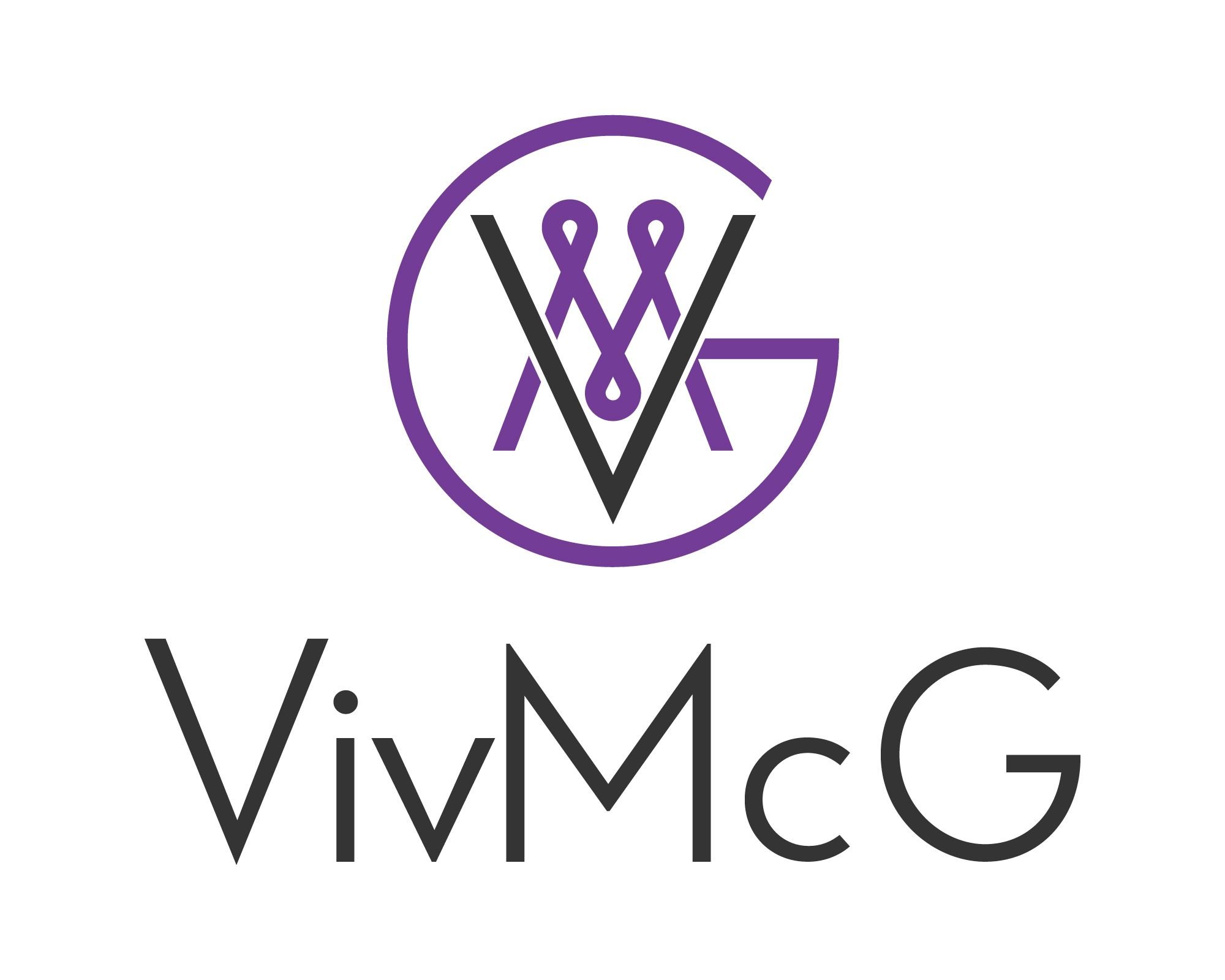how long does it take for gratitude to become a habit?

"It takes 21 days to form a habit"
Have you heard that claim before? Is that true and, indeed, who decided it takes 21 days?
Read on to find out...
Listen to this audio for 21 days to change your mindset.
Repeat this exercise for 21 days to create a habit of it.
Follow this routine for 21 days to transform your body.
We've all seen the claims that it takes 21 days to form a habit. Even some famous self-help gurus have been known to quote this 'fact'. But is it fact? And if it is fact, where did it come from and who discovered it.
To determine its origins we have to look back in time to the 1950s to a plastic surgen called Maxwell Maltz. After he operated on patients, regardless of the operation be it anything from a leg amputation to rhinoplasty (aka a nose job), he commonly observed that "it requires a minimum of about 21 days for an old mental image to dissolve and a new one to gel", something he shared in his 1960 book, "Psycho-Cybernetics".
What he shared in his book was an observation, an observable metric he noticed in both himself and his patients. However, his book became rather popular, selling more than 30 million copies to date, and people started picking up on his observation. As people started to quote him more and more they kind of forgot to mention three rather important words: "a minimum of". And before long, with self-help gurus also leaping on board, a mere observation relating to a phenomen connected to a minimum of 21 days, gradually become a believed (albeit incorrect) fact that it would take 21 days to change something or create a habit.
It became something that people jumped on and embraced. Why? Because 21 days is long enough to give credence to something (ie no-one would believe that you could change a habit overnight) and it is also not too long that it loses its attraction. Can you imagine how much excitement a self-help guru could raise if he stood on a stage and proclaimed, "It takes anything up to 254 days before a new behaviour feels automatic"? I'm guessing rather than hearing screams of excitement, they'd hear shocked silence or watch a sudden rush for the exit.
To be able to form a habit within 21 days is highly unlikely. Of course it does depend on the habit and also on the person creating the habit. However, when you think that a habit is something that you do automatically, without focused thinking, such as putting your seat belt on as soon as you get in the car, it doesn't take much imagination to realise that creating a habit will more than likely take much longer than 21 days.
Indeed, a senior researcher at University College London, Dr Phillippa Lally, PhD pusblished a study which found that it actually takes an average of 66 days to form a habit, that's over 2 months compared to 3 weeks. She also reported that the amount of time before a new habit feels automatic can range between 18 and 254 days. Think about that... It takes a good 2 months to establish a habit and then up to 254 days (approximately 8.5 months) for that habit to become automatic.
Going back to the example of the seat belt. This means that back in 1983 when the law was passed in the UK requiring people to wear seat belts, it would have taken citizens to stop, focus and remember to put their seatbelt on before they drove for more than 2 months. Can you imagine how many times people would have been driving and suddenly, out of the blue, remembered they'd forgotten to put their seat belt on and either had to pull over to put it on or, dangerously, try to put it on whilst driving? Can you imagine how many journeys they would have made without wearing their seat belt at all and, therefore, officially breaking the law? It might not have been until towards the end of that year that many people would have got into their car, just like we do today, and automatically reached for their seat belt.
You might also have spotted in Dr Lally's study that she found the length of time over which it took a habit to feel automatic ranged from 18 days to 254 days... quite a variation. Indeed, Dr Lally confessed that she didn't really know or understand the reason why some habits became automatic after a mere 18 days whilst others took more than 8 months. However, she did suspect that it depends on the habit-type.
For example, a habit that is simpler behaviour, such as drinking a glass of water with your lunch, will feel automatic faster than a habit that takes more effort, such as rising early in the morning to go for a jog.
The personality-type of the person looking to incorporate a habit, I feel, also comes into play. For example, someone who enjoys routine and likes to live a life that is orderly will most likely adopt a new habit into their life faster than someone who enjoys a more free-flowing, chaotic lifestyle.
My question to you now is, how does it feel now you know that it could take up to a year of practice to make the habit of practising gratitude something that comes automatically to you?
Do you feel anxious now because, to date, practising gratitude isn't something that's come easily or naturally to you, and you may have fallen off the bandwagon more than you care to admit since you started trying to create a habit of gratitude?
Or do you gain comfort from the the 21-day habit myth being debunked because you have been struggling and you thought that there was something you were doing wrong or, indeed, something wrong with you?
I would encourage you to embrace this knowledge.
Why?
Because I have more to share from Dr Lally's study.
She also found that missing a day or falling off the bandwagon every now and then doesn't actually hinder a habit-forming practice.
I don't know about you, in the past people have told me that when I focus on creating a habit within the magic 21-day period, and during that time miss or skip a day, I have to start at the beginning again. Have you ever been told that? Because if you miss or skip a day, you've lost what little reprogramming had already taken place and you're back at square one.
If you've ever been told that, you'll know, like me, how soul destroying it is thinking you have to start right back at day one. It's like that kids game of snakes and ladders - you think you've almost climbed to the top and then you land on a snake and you're right back at the start again.
Personally, there's only so many times I can start over before I give up completely.
So, I find it comforting to know that starting a habit and making it into something that comes automatically to me, that that's going to take much more than 21 days, however, whenever I fall off the bandwagon or forget or skip a day here and there that all my efforts haven't gone down the drain... well, that makes it so much more achievable. Don't you agree?
This is exactly why I never made any promises that if you stick diligently to practising gratitude for 21 days, you'll have created a habit of gratitude. This is exactly why I have always encouraged you not to judge or beat yourself when (not if, but when) you fall off the gratitude bandwagon. This is exactly why I have offered to cheer you on or (lovingly) kick your ass when life gets in the way, when you're struggling with your practice. Because this is not a positive habit that you will form quickly. It takes time. Yes, it takes dedication, commitment and consistency. However, it's also not the end of the world when things don't quite go to plan.
You've taken onboard an adventure like an expedition to Everest Base Camp, it's not a Sunday dander through the park. When you reach your final destination of expressing gratitude naturally and automatically, and you look around you and your world, how much more fabulous a view you'll have than if you just stuck to the easy option. When you reach your Everest Base Camp and look at the majesty of the mountains all around and the vastness of the crevices beneath your feet, you'll feel truly accomplished. Much more than if you simply spent a year walking the same walk round the same park every single day.
Viv xx
